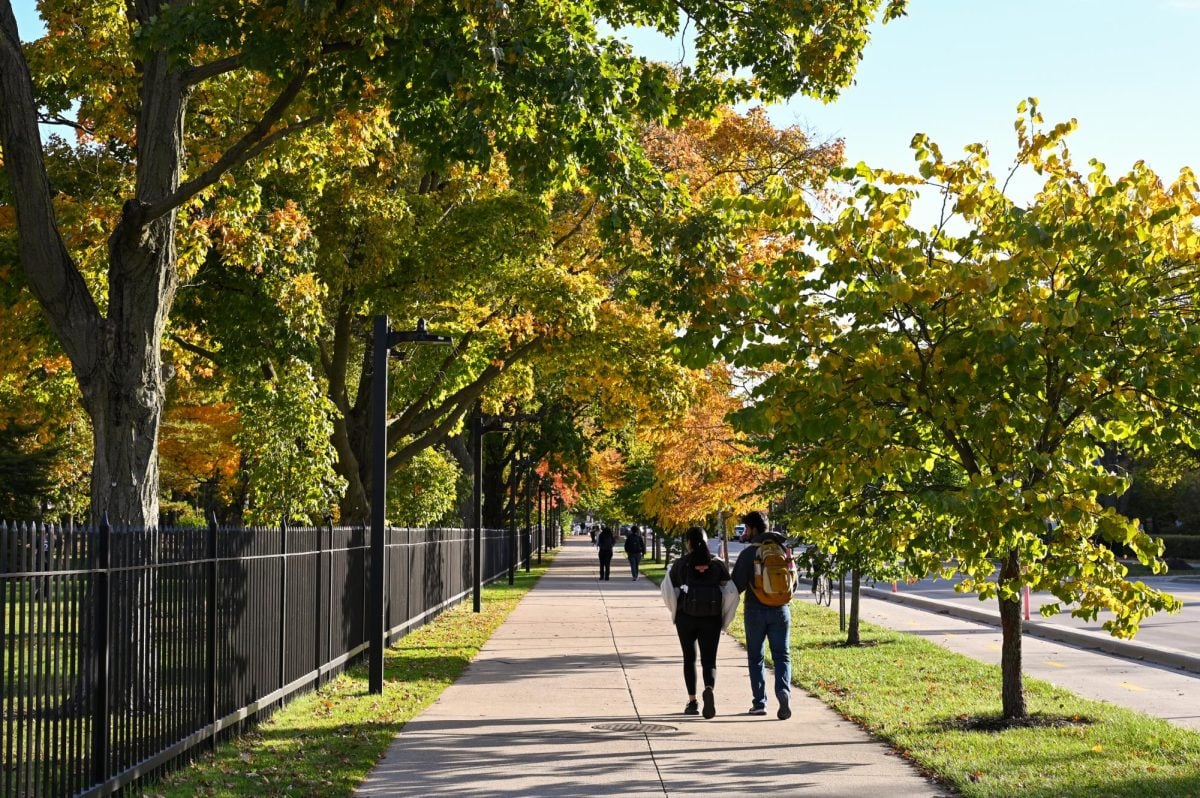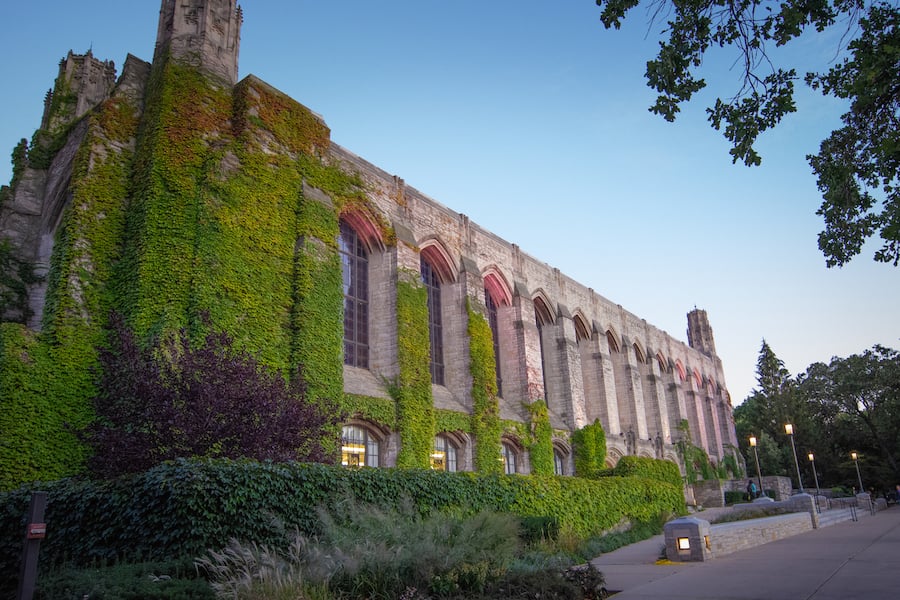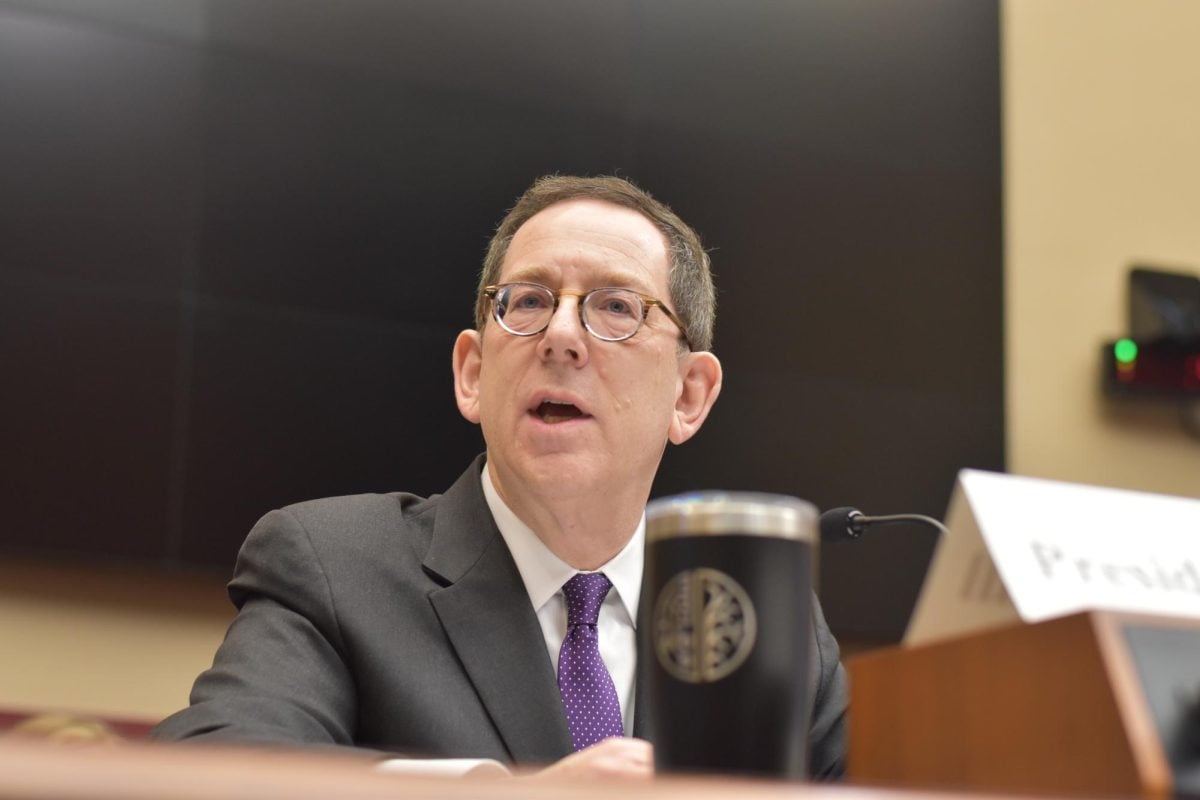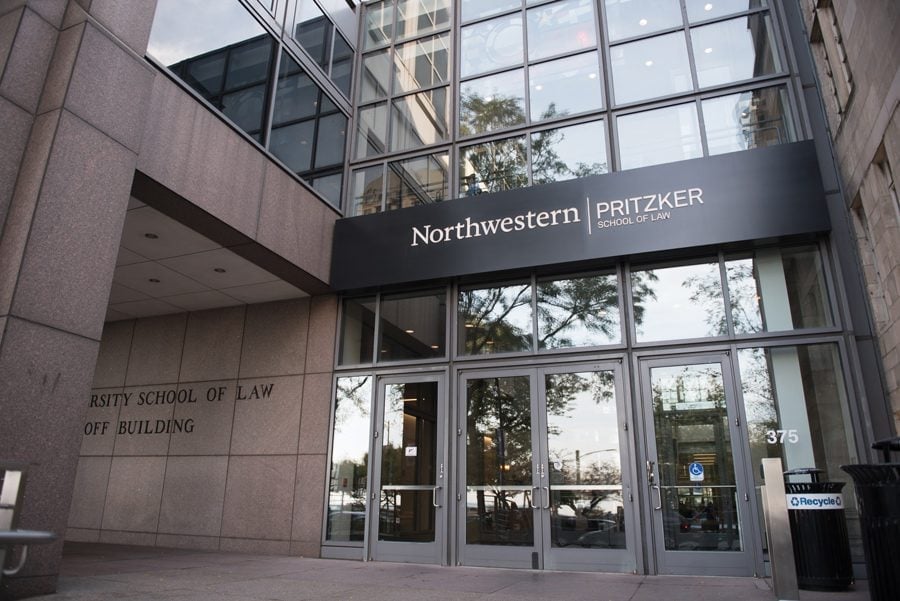Northwestern Green Cup is back for its eighth round this February, and this year the energy-saving competition will feature the University’s first-ever Earth Hour.
The event is based on the global Earth Hour, which began in Australia in 2007, in which cities across the world, including Chicago, turn off non-essential lights for 60 minutes to raise awareness about climate change. This year’s global Earth Hour is scheduled to occur March 23, which overlaps with NU’s Spring Break, so NU Earth Hour has instead been scheduled for Feb. 21 from 9 p.m. to 10 p.m.
“It’s based on the international event,” said Brenna Ledvora, president of Eco-Reps, student representatives who encourage sustainable practices in NU housing. “We wanted to do something like that at Northwestern.”
During the Eco-Reps sponsored hour all NU students, especially those living on campus, will be asked to abstain from using electronics. Some lighting, required by law for safety, will remain on, while all nonessential lights will be turned off.
Ledvora, a SESP sophomore, said all students who participate will be invited to come to an event in both Allison and Sargent Halls during the hour. The event will feature prizes, food and music, including a Dance Marathon money prize to incentivize participation from student organizations. Sponsored by both the Office of Sustainability and the Residence Hall Association, the night will additionally feature a speaker who will discuss campus energy usage.
“This is going to be a very educational event in a very fun atmosphere,” Ledvora said.
Since the third week of Green Cup typically has the least amount of participation, Ledvora said, the event was scheduled during that period to motivate students and help them avoid this “historical” decline. She added students who participate in NU Earth Hour will also gain participation points for their Green Cup teams.
The Green Cup, sponsored by Students for Ecological and Environmental Development with support from the Office of Sustainability, encourages residential halls, residential colleges and Greek houses to compete in reducing their overall energy and water usage. Green Cup co-chair Maddie Steger said these reductions will make up 70 percent of a hall’s score, and participation in Green Cup events will account for the remaining 30 percent.
This is the second year Green Cup has counted participation toward the overall competition scores.
“We’re hoping students will take initiative and start coming to the events and learning more,” Steger, a Weinberg senior, said.
Rob Whittier, director of the Office of Sustainability, also emphasized the importance of attending Green Cup events.
“By learning from those events, students can take those lessons far beyond Green Cup and the month of February,” he said.
Whittier explained that Green Cup also contributes to a lasting decline in energy use on campus. Every year, energy use rises again after Green Cup ends, but it is always lower than it was during the month prior to Green Cup, he said.
Whittier attributes that change to the “crazy” extremes NU students go to during the competition. For example, he said he has heard of students showering only once a week. Last year, one residential college, Hobart House, reduced the number of refrigerators residents used from eight to two. After Green Cup ended, the dorm did not return to all eight fridges, instead using only three or four.
Whittier said he hopes the event this year will be even more successful, as the new Eco-Reps urge their residents to participate. He also said he hoped students took advantage of the sustainNU Green Pledge that allows students to commit to as many as 15 simple ways to reduce their impact on the environment.
“Green Cup is really important because it engages so many students,” Whittier said. “It’s a success if people walk away with one or two simple things they can do, even if that’s just using a power strip or taking a three-minute shower rather than a five-minute shower.”


















